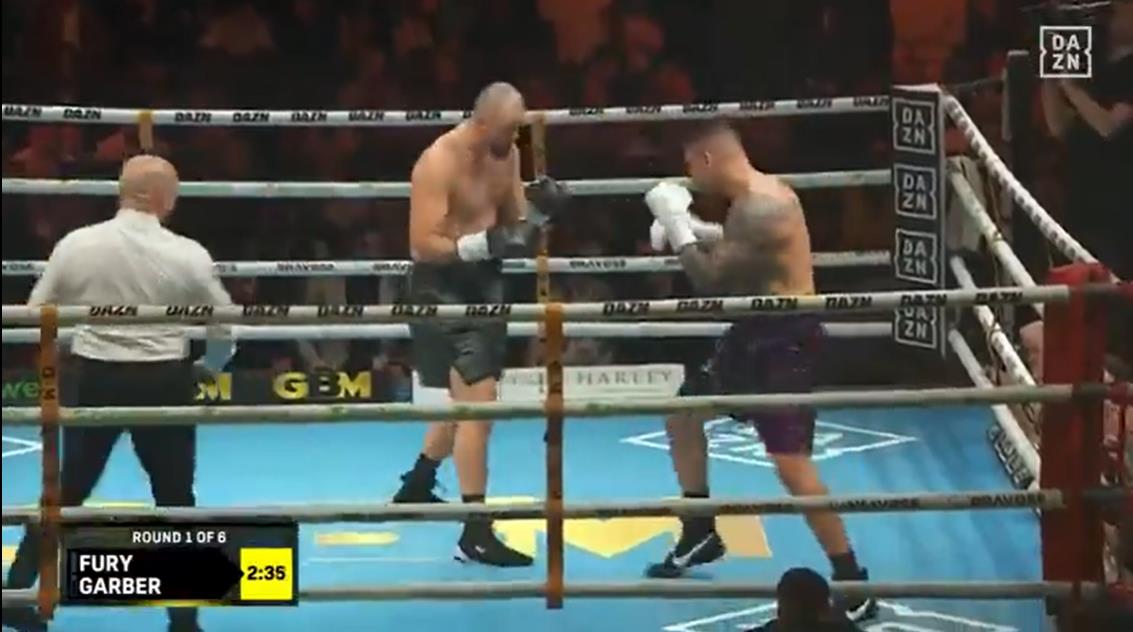
Jesus. I've seen more competitive fights break out in pub car parks at closing time. Friday night at York Hall was supposed to be Hughie Fury's big statement fight. Instead, we got what British heavyweight Dave Allen brutally (and correctly) labeled a "completely pointless" exercise that should've been stopped way earlier.
I was there, three rows back, nursing a £7 pint that tasted like dishwater while watching Tyson's cousin basically use Dan Garber as a human punching bag. The crowd around me went from excited to bored to actively uncomfortable as the mismatch dragged on.
When Your Commentary Guy Wants It Stopped...
Allen, who was handling the commentary duties, absolutely lost it by the fourth round. And listen, when your own commentator is begging for the fight to end, you know you've got a problem. "This is completely pointless, it's a complete mismatch," Allen fumed as Garber absorbed yet another series of body shots.
"For me now, the fight should be over – Garber's four rounds down. It's completely pointless."
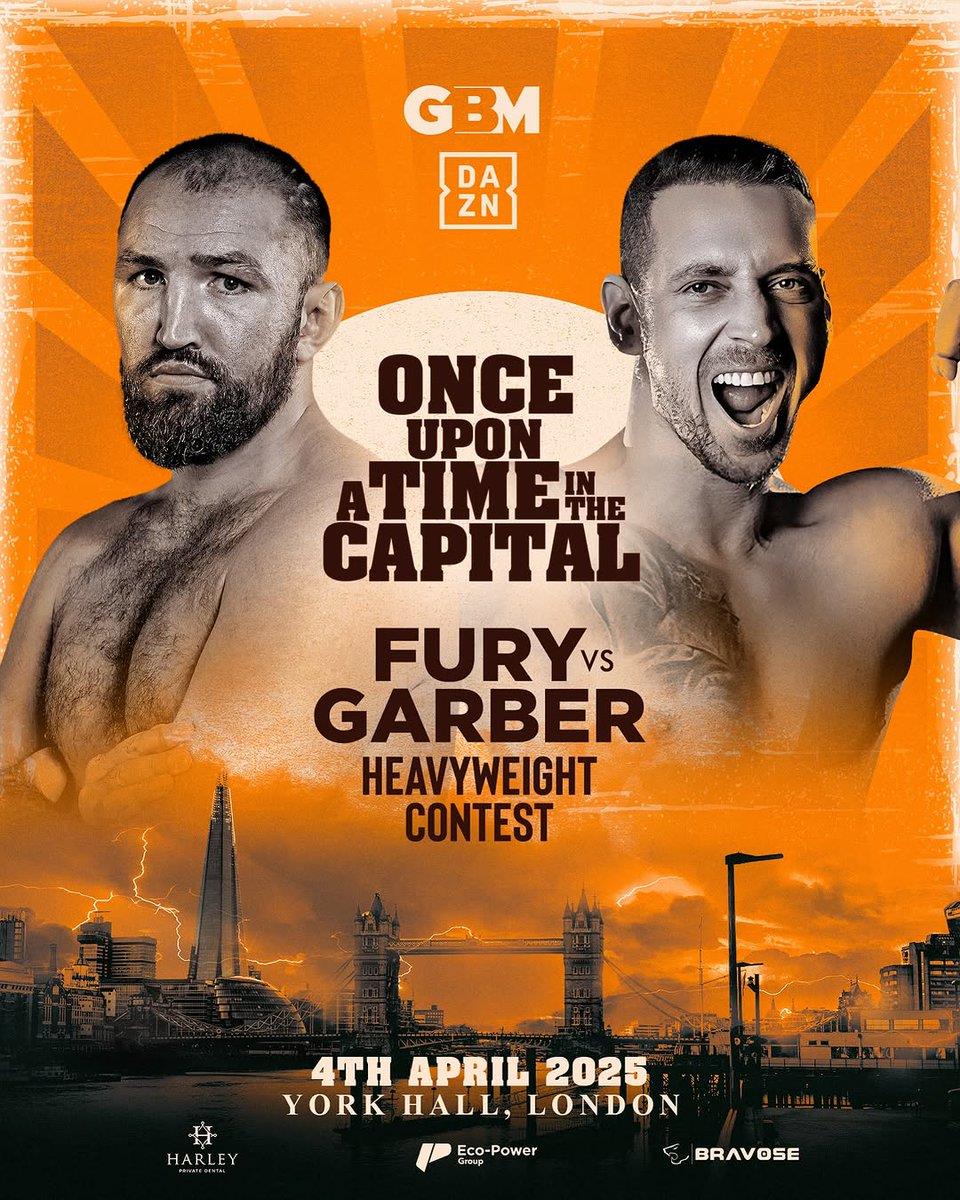
The White Rhino wasn't wrong. Garber, 39, looked every bit his age against the 30-year-old Fury (29-3), who barely needed to shift out of first gear.
Body Shot City
Eventually, Fury did what everyone knew he would. A nasty left hook to teh body sent Garber to one knee in the fifth. Poor bloke. He beat the count, gasping like he'd just run a marathon in a sauna, but lasted only another 20 seconds before the ref mercifully stepped in.
The whole thing felt like watching someone play a video game on easy mode.
Wait... He Fought With ONE HAND?!
Here's where it gets weird. After the fight, promoter Izzy Asif dropped this little bombshell: "He busted his hand in sparring, he won't be using it. Credit to him to sticking with it."
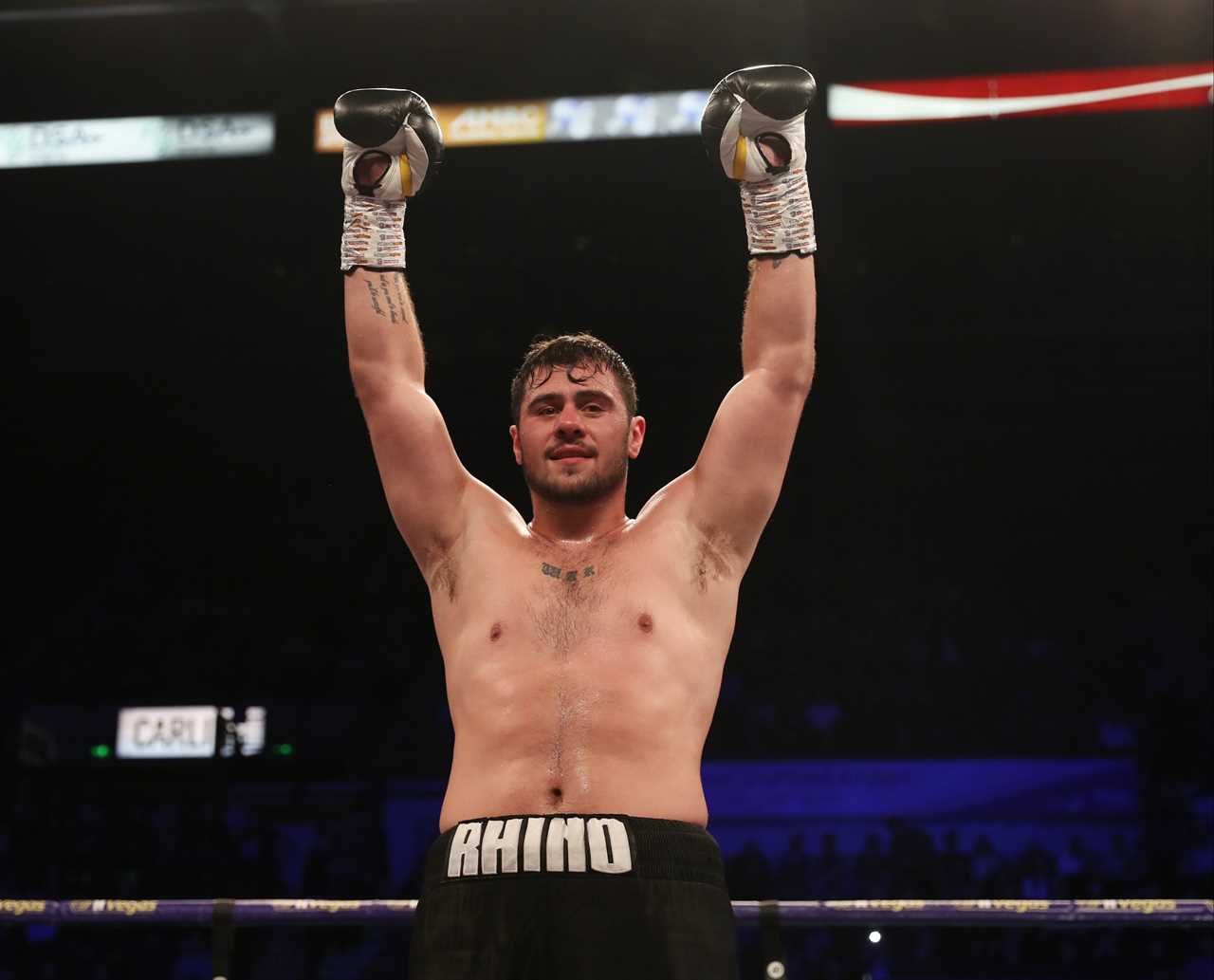
So let me get this straight. Fury was so confident in the mismatch that he basically said, "Eh, I only need one hand for this guy." And he was right! That's not a good look for anyone involved.
Back in 2018, I watched Fury challenge Joseph Parker for the WBO heavyweight title. He lost, but showed real promise. That version of Hughie would've demolished Garber in under a round, injured hand or not.
The Whyte Stuff
Allen didn't stop his verbal assault after the fight either. "Fury could've just hit a heavy bag. I have no idea where he is right now," he continued, before suggesting a fight with Dillian Whyte might actually tell us something about Fury's current level.
Whyte himself is in a weird spot. Hasn't fought on the big stage since that failed drug test in 2023 (though he was later cleared when they found it was from a contaminated supplement). He was supposed to fight Joe Joyce this weekend but pulled out injured.
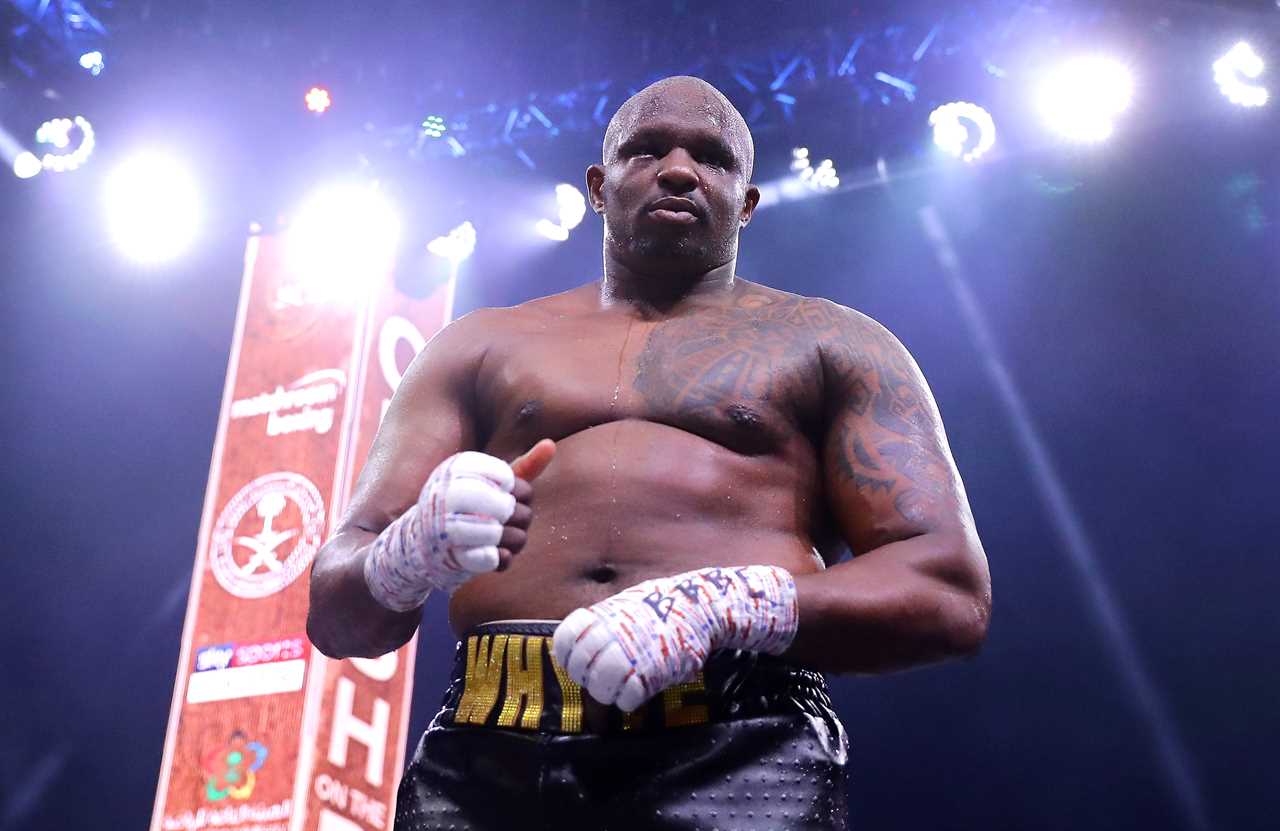
Fury seems game, at least: "I'm ready for any one of them. If Dillian wants it then sign the contract."
Three Years Gone
Look, I don't want to be too harsh on Hughie. The guy was away from boxing for three years dealing with health issues. This was his third comeback fight in 2024. But if you're eyeing a world title shot – which apparently he is – this ain't the way to convince anyone you belong at that level.
My mate spent £85 on tickets adn travel to York Hall for this. His response: "I could've watched better action on YouTube for free."
The June 27th date mentioned by Asif better feature a serious opponent. Otherwise, what are we even doing here?
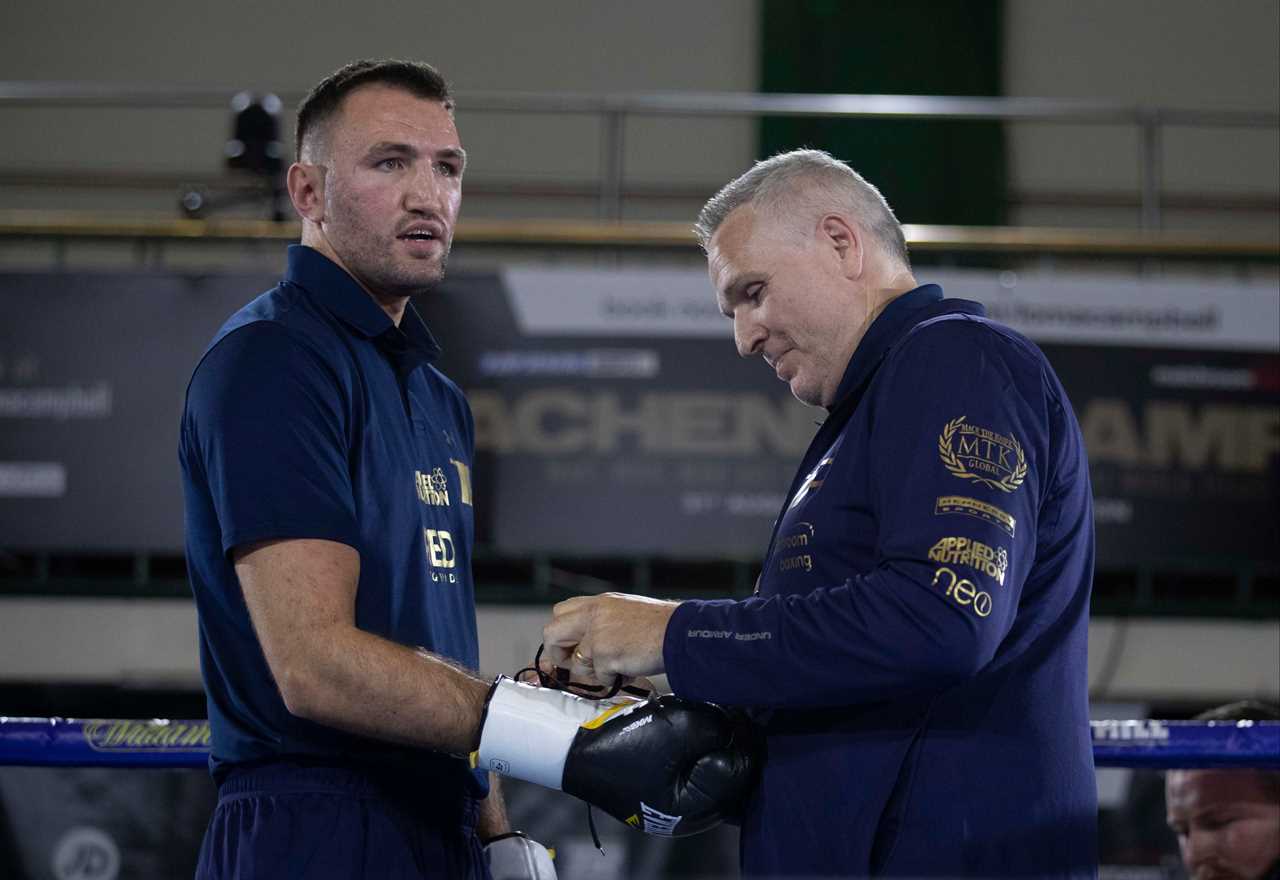
Frequently Asked Questions
Can anyone learn to box professionally?
While boxing is accessible to many, not everyone will have what it takes to compete at a professional level. Boxing is a sport that requires a special combination of physical strength, mental toughness, talent and dedication. Prospective boxers should also be willing accept the inherent risk of the sport. A thorough evaluation by a trainer will help determine the potential of a person to have a successful career in boxing.
How important is physical training in professional boxing?
Physical fitness is essential for professional boxing. The sport demands high levels of strength, speed, endurance, and agility. Professional boxers should follow a tailored fitness plan that includes aerobic and aerobic workouts, strength and endurance training, and flexible exercises. The ability of a boxer to train and perform effectively is compromised without a superior level of physical conditioning.
How long will it take me to become a boxer professional?
The time it takes to become a professional boxer can vary widely. It depends on the individual's starting skill level, adaptability to the sport, and the quality of training received. On average, it could take several years of dedicated training and successful amateur experience before one is ready to turn professional. Some talents will develop faster than others.
What qualities should a person look for in a trainer or coach of boxing?
In choosing a boxing instructor or coach, you should consider their experience, track record, coaching style compatibility, and understanding of technical and tactical aspects. A good trainer will emphasize safety, fitness, and personal development. It is also important to find a boxing coach who can motivate you and communicate effectively.
Do you have to be a certain age to learn how box professionally?
Age restrictions do exist in professional boxing. Most boxing organizations require boxers to be 18 years old or older before they can fight professionally. While there isn't a specific upper age limit, health and physical factors will limit how old you can compete safely and effectively. Before taking up a sport professionally, older athletes should be assessed thoroughly for their fitness and risks.
What role do managers and promoters have in the professional career of a boxer?
Promoters and managers have a major role to play in a fighter's professional life. Managers are in charge of guiding a boxer's professional career, negotiating contracts and managing the boxer’s business affairs. Also, they help select the right fights while looking out for the interests of the boxer. Promoters are more focused on marketing, event organization and attracting sponsorship attention. They also focus on enhancing a boxer’s profile.
What equipment is necessary for a new professional boxer?
For anyone starting in professional boxing, the essential equipment includes boxing gloves, hand wraps, a mouthguard, headgear (for sparring), and proper footwear. A heavy bag, speed bag, double-end bag, and other training aids are important for technical workouts. Use quality gear that is durable and offers protection. Poor equipment can lead to injury.
Statistics
- Nutrition experts emphasize that over 70% of a boxer's diet should focus on carbohydrates and proteins for energy and recovery.
- Cardiovascular fitness is critical, with a focus on high intensity interval training, comprising up to 40% of a boxer's conditioning program.
- An analysis of boxing injuries suggests that 90% involve the head, neck, and face, emphasizing the importance of protective gear.
- Around 60% of professional boxers supplement their income with other activities or jobs, due to variability in fight earnings.
- A study showed that most professional boxers have spent more than 4 years in training before their first professional bout.
- As per recent surveys, only about 17% of professional boxers reach a title shot opportunity in their careers.
- The average age for boxers to turn professional is between 18 to 25 years, though many continue to compete well into their 30s and beyond.
External Links
How To
How to lose weight before a boxing match
Weight management before a fight in boxing requires discipline. Set up a diet plan that emphasizes lean protein, complex carbohydrates and hydration, while reducing high-sodium, high-fat food. Increasing your water intake several weeks before the fight and then gradually reducing it can help manipulate water weight. If necessary, incorporate sauna sessions and increase your workout intensity to lose extra pounds. Avoid drastic weight loss techniques and always prioritise safety.
 CricketBoxingFormula 1GolfHorse RacingPremier LeagueTennisPrivacy PolicyTerms And Conditions
CricketBoxingFormula 1GolfHorse RacingPremier LeagueTennisPrivacy PolicyTerms And Conditions
